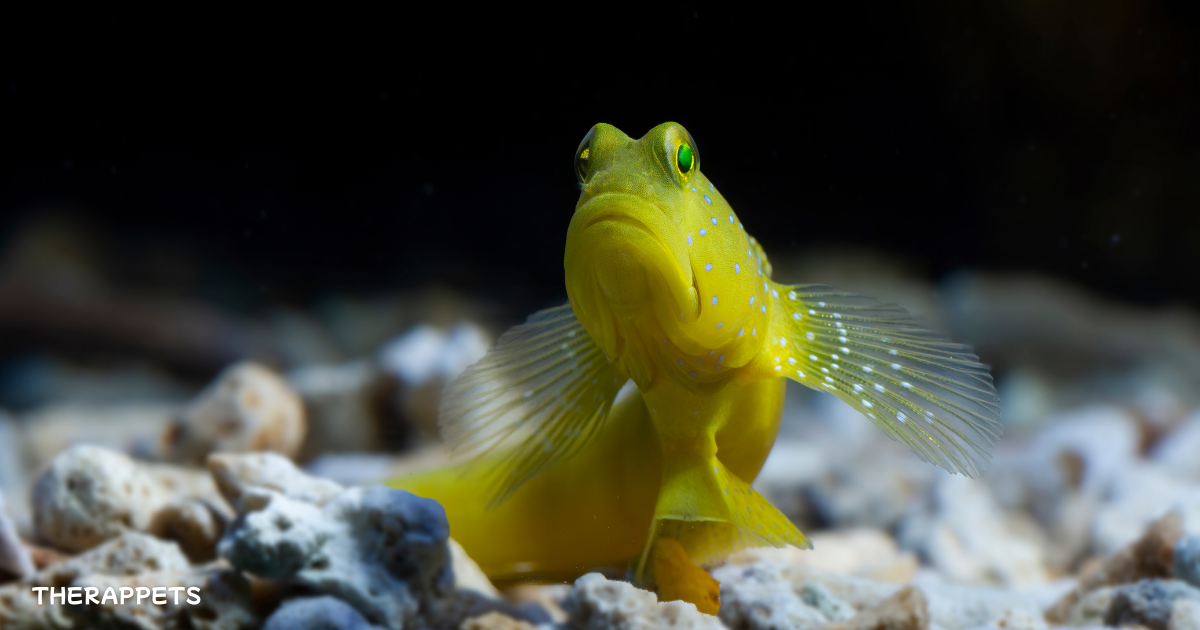Sleep is essential for many living beings, including humans and animals. But have you ever wondered if all fish sleep? While it might be difficult to imagine how creatures in an aquatic environment rest, the truth about sleep in the underwater world is fascinating. Let’s dive deeper into the mysteries of fish and their sleeping habits.
What Is Sleep for Fish?
Understanding fish sleep requires a broader definition of sleep compared to what we know about humans. Unlike humans, fish don’t have eyelids to close, and they stay alert to potential threats even while resting. So, what does it mean when we say fish sleep?
For many fish, sleep is a state of reduced activity and metabolism. During this period, fish become less responsive to their environment, conserving energy. Some fish might hide among rocks or burrow into the sand to stay safe during their rest period.
Learn more about how animals exhibit unique behaviors in this article about emotional support cats.
Do All Fish Sleep?
The short answer is that most fish do sleep, but not how we typically think of sleep. Fish exhibit rest periods, but not all species follow the same patterns.
- Nocturnal Fish: These fish are active at night and rest during the day.
- Diurnal Fish: The majority of fish are active during the day and rest at night.
- Continuous Swimmers: Species like sharks have to keep moving to breathe but enter a restful state while swimming.
Interestingly, some fish, such as the parrotfish, secrete a protective mucus cocoon before resting, safeguarding them from predators.
Discover more surprising animal behaviors in our guide to exotic pets and emotional support.
Why Do Fish Need Sleep?
Sleep plays a critical role in energy conservation and overall health. For fish, resting helps:
- Conserve Energy: Rest allows fish to save energy for hunting or escaping predators.
- Improve Health: Sleep aids in growth and immune system function.
- Enhance Alertness: A well-rested fish is better prepared to react to its environment.
Even though fish don’t experience REM sleep like humans, their rest is crucial for survival.
Are you curious about other animal-assisted benefits? Check out this article about therapeutic dogs.
How Can You Tell If a Fish Is Sleeping?
Observing fish in their resting state can be intriguing. Look for these signs:
- Reduced movement, often staying still in one spot.
- A dimmed or darker coloration is common in some species while resting.
- A fish hovering near the bottom or hiding among plants or rocks.
It’s important not to disturb your fish while they’re resting, as sleep is essential for their well-being.
For more tips on interacting with animals, visit this page on animal therapy techniques.
Conclusion
So, do all fish sleep? The answer is a resounding yes—but their sleep differs greatly from what we’re familiar with. Understanding fish behavior helps us appreciate the complexity of the underwater world and reminds us of the diverse ways life adapts to different environments.
Dive deeper into more fascinating animal facts on our homepage.

